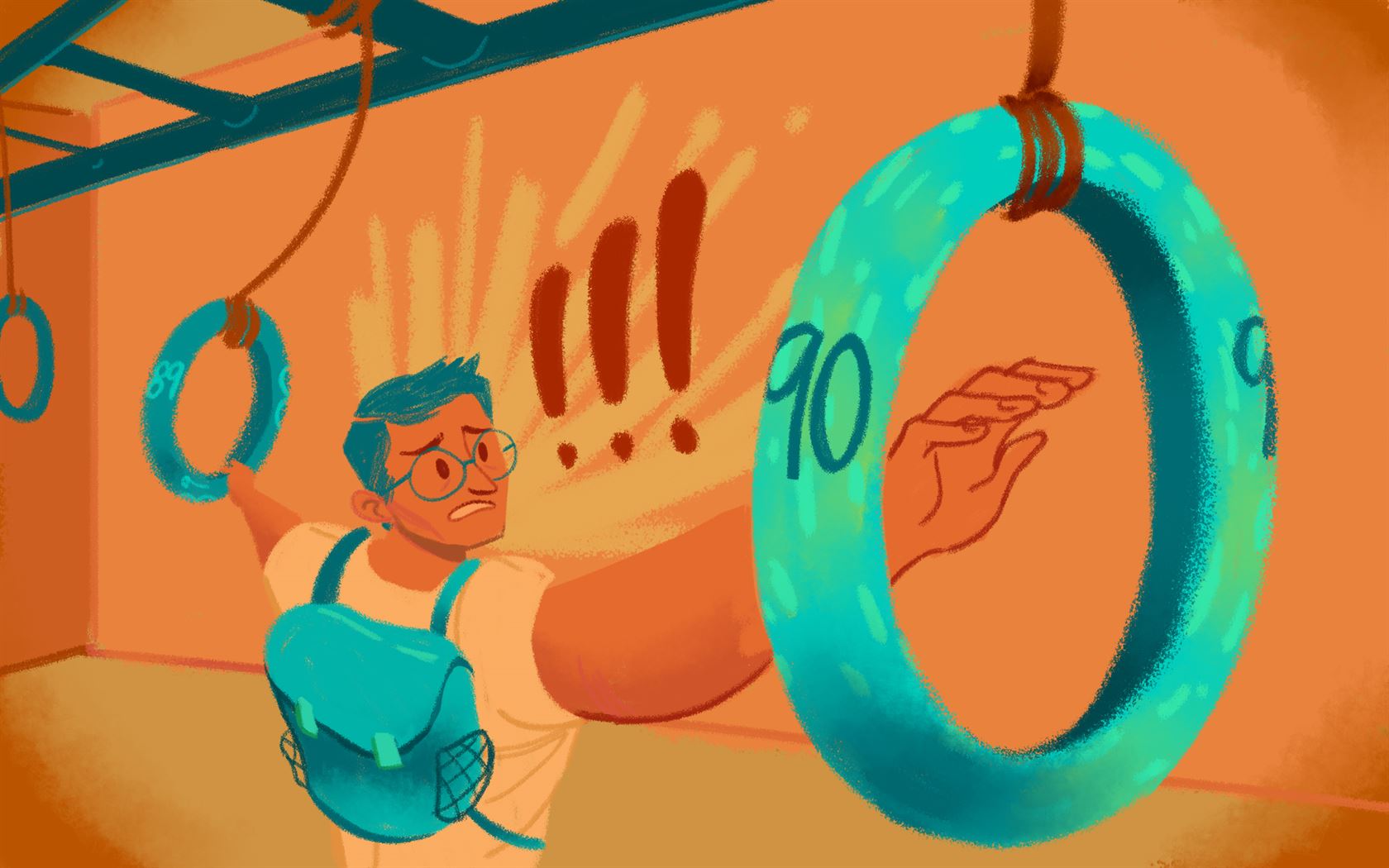In a high-performance society that expects students to apply for jobs with a bachelor’s or master’s degree, it is difficult to want to be anything less than perfect. My perfectionism has gotten me far but I rarely feel satisfied with myself anymore.
Achievement comes and there is no sense of euphoria; there is no joy or honor. It is expected at this point. When I made the dean’s list this past summer, I did not celebrate and I was not proud of myself. I simply told myself that I had to maintain it and try to get my GPA to a 4.0. What I should have done was to pause and think about how far I have come.
https://twitter.com/jondooley/status/954800075057885194
I cannot stress enough how damaging this sort of thinking can be. The fear of failure is always looming over me. Even worse, I sometimes might feel like I do not deserve any achievement at all. “I should have done this or could have done that,” is something that I often think to myself.
At my previous college, I was working on a project for a media class. I thought it was well done for the most part, though I am never quite satisfied with anything I do.
The professor looked at what I submitted and said to me, “I expected more from you.”
For anyone else, that may have just been something silly to brush off. For me, it felt like a two-ton weight that shattered me.
I went into the hallway and called my parents, crying into the phone. What the professor told me was not necessarily mean-spirited, it merely echoed what I already felt about myself.
Symptoms of perfectionism include getting upset or becoming obsessed with insignificant things, along with feeling like a failure in every aspect of life.
Perfectionism, fear of failure & even great success—competing in college sports is tough. Read @PsychToday’s 12 tips to help combat stress & improve your mental health: https://t.co/NgK6yFPYgY
— AASP (@AASPTweets) March 21, 2019
According to healthline.com, other symptoms include procrastination, struggling to relax, being controlling in your work and personal life, as well as becoming apathetic.
Perfectionism is not just a personality quirk, it can be a sign of a more serious issue. It can be a symptom of mental illness such as anxiety, obsessive-compulsive disorder and depression, among others.
The Montclarion conducted a survey on perfectionism among MSU students.
Out of 16 participants, eight students said they considered themselves to be perfectionists. The other eight did not.
Thirteen students feel they become upset over insignificant things. Three do not.
Seven students feel like they fail at everything they try. Nine students do not.
It is unhealthy to mass-produce top quality work at the expense of your mental health needs and personal life, and doing so often leads to burning out. It is nearly impossible to do everything your professor wants you to do perfectly; the biggest critic at the end of the day is yourself.
Had a conversation about college and realized … nobody's ever cared about where I went or about my GPA. I wish I'd known this when I was mourning my inability to pay for the best schools that accepted me and digging myself into further perfectionism to compensate.
— Alison Atwell (@AlisonAtwell) November 13, 2019
You may not understand why you are so hard on yourself and there may be no way to stop negative thoughts from invading your mind, but there are ways to better handle them.
As a student, you must put into perspective the criticism you receive from others. Your work not being “good enough” does not mean that you are not good enough. It is essential to put distance between yourself and your product.
It is also essential to remind yourself that you are a human being, not a machine. Slowing down is OK. You are allowed to rest.
Should you ever experience thoughts of self-harm or suicide, contact Counseling and Psychological Services or call the National Suicide Prevention Lifeline at 1-800-273-8255.



